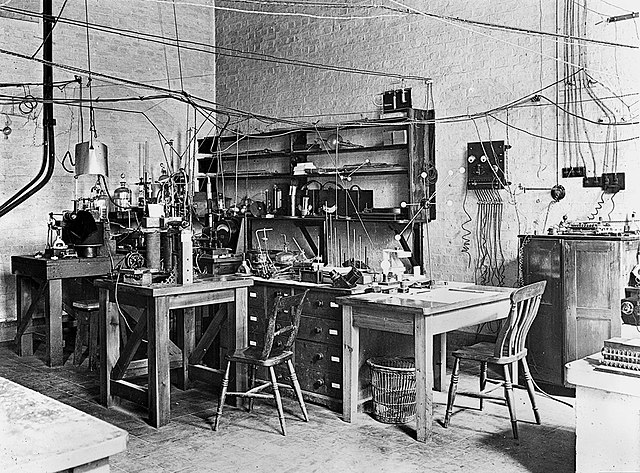Infinite photos and videos for every Wiki article ·
Find something interesting to watch in seconds
Celebrities
Great Artists
Ancient Marvels
Supercars
Presidents
Richest US Counties
Orders and Medals
Wonders of Nature
Kings of France
British Monarchs
Largest Palaces
Largest Empires
Countries of the World
Great Museums
Sports
Crown Jewels
Famous Castles
Animals
Recovered Treasures
Rare Coins
Tallest Buildings
World Banknotes
Best Campuses
History by Country
Great Cities
Wars and Battles
more top lists



